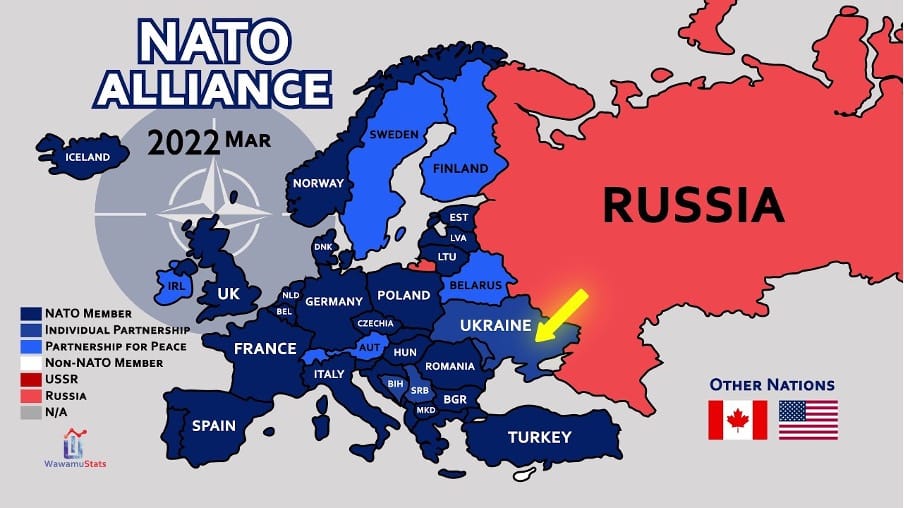In a significant international development, former President Donald Trump signed an executive order to impose targeted sanctions on the International Criminal Court (ICC). The decision, announced during his administration, came as a response to the ICC’s investigations into potential war crimes committed in regions involving U.S. allies and partners, particularly Israel. Neither the United States nor Israel recognizes the jurisdiction of the ICC, further deepening a diplomatic rift with the international judiciary body.
The executive order aimed to freeze assets of specific ICC officials who were instrumental in initiating or carrying out such investigations. This includes barring those individuals from entering the United States. Trump stated that these measures were designed to protect national interests and to prevent overreach by the international body, which he described as a “politically motivated” institution. The scope of the sanctions reflected broader concerns from Washington about the ICC’s legitimacy and methodology.
Israel, one of the key subjects of the ICC’s recent inquiries, has consistently been under scrutiny for its policies in regions like the Gaza Strip and the West Bank. Reports indicate that the ICC was probing potential acts of war crimes and human rights violations in areas dominated by conflict. As a close strategic ally of the U.S., Israel received vocal and political support from the Trump administration throughout its tenure, including acts such as relocating the U.S. embassy to Jerusalem and recognizing Israeli sovereignty over disputed territories.
The U.S. government justified its aggressive move against the ICC by emphasizing that such investigations undermine efforts for global peace and security by targeting nations that are not ICC members. Additionally, the statement from the administration reinforced the view that the ICC might jeopardize the sovereignty of states by allowing non-member entities to bring cases before it. This sentiment was echoed by various U.S. officials, who questioned the fairness of the court’s actions and its influence in shaping global policies that affect non-ratifying nations.
Critics, however, interpreted the sanctions as an outright dismissal of international accountability. Advocates of the ICC highlighted that the court’s investigations are designed to ensure that war crimes and crimes against humanity are thoroughly examined, regardless of geographic or political boundaries. They contended that the U.S. administration’s response diminishes the role of impartiality in upholding justice for victims of war crimes globally.
The backlash to Trump’s decision also earned a heated debate among members of the international community, with European allies explicitly reaffirming their support for the ICC. In a joint declaration, countries like Germany and France expressed their strong disapproval of unilateral measures against international institutions striving for justice and accountability. They further stressed that failure to respect judicial bodies could set a negative precedent in maintaining peace and transparency.
Meanwhile, the Trump administration argued that the executive order was not an act of isolationism but instead a step to encourage reformed operational guidelines for the ICC. They insisted that oversight and legitimacy should remain attributes maintained by each nation-state without unwarranted interference from global organizations. The administration emphasized the sovereignty of countries in addressing accusations or conflicts internally, rather than being subjected to external judicial probes.
The ICC’s response to the executive order signified firm resistance. They accused the U.S. government of undermining global efforts to combat impunity and maintain accountability for crimes affecting humanity. The court officials reminded the international audience of their commitment to fairness and their independence from undue influences, whether political or otherwise.
This development underlines a crucial divide in global diplomatic relations where defining the balance between national sovereignty and international accountability continues to pose challenges. It highlights evolving geopolitical stances, particularly when assessing the extent to which governing bodies should exert influence or intervention with each other’s internal matters.
While controversial, the sanctions demonstrated the complexities of upholding international law when nations hold divergent views on the scope and authority of global judicial organizations. Supporters of the action argue it was necessary to safeguard democratic values within independent countries, whereas critics believe it erodes the collective global responsibility that institutions like the ICC aim to advance in pursuing justice and equality.
This contentious decision added to the list of policies from Trump’s presidency that sparked discussions about America’s place within the broader framework of global governance. It is also likely to have lasting implications on U.S. relations with international entities and allies who continue to support the ICC’s missions.
The event has set a significant precedent for how nations, particularly those outside the ICC’s jurisdiction, influence and contest the court’s mandate. As discussions continue, the long-term effectiveness and implications of such sanctions remain to be fully evaluated and criticized openly on world stages.



